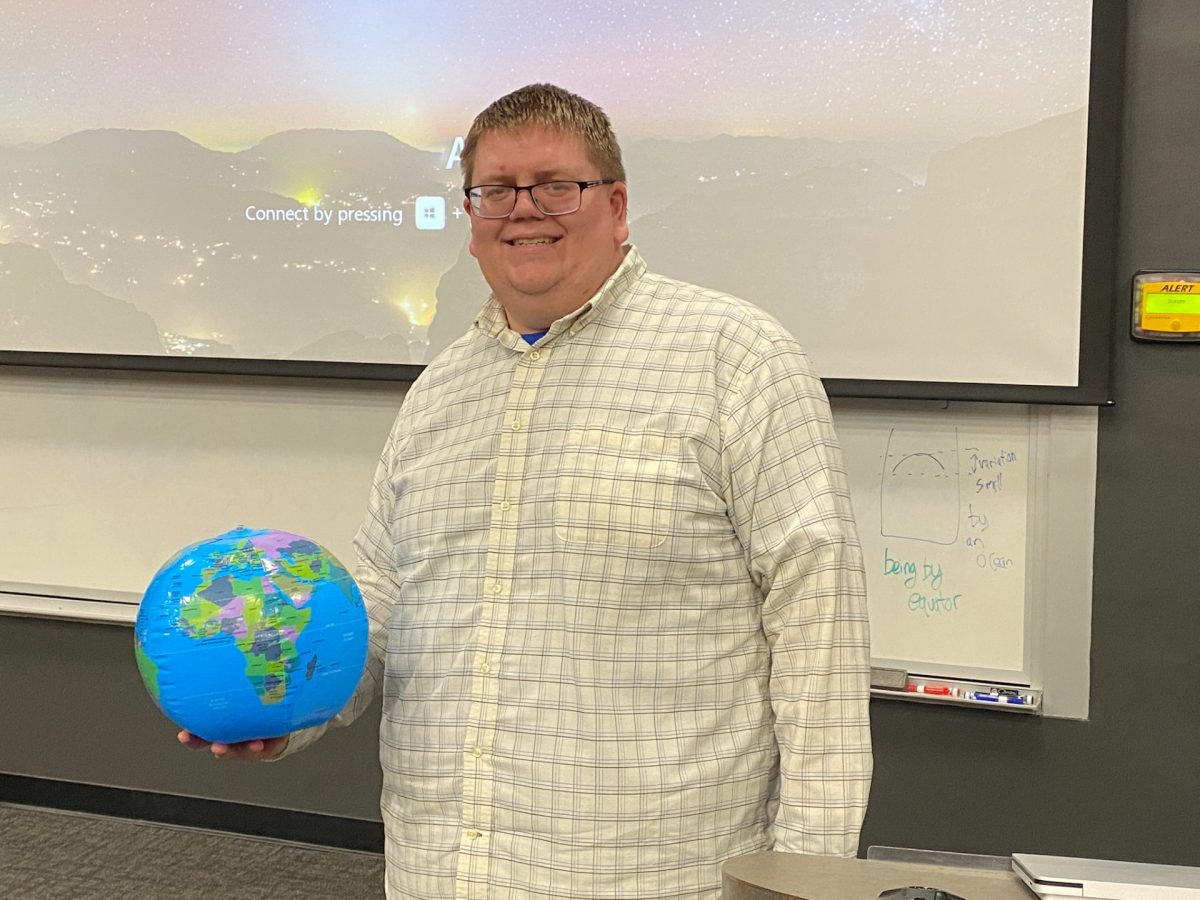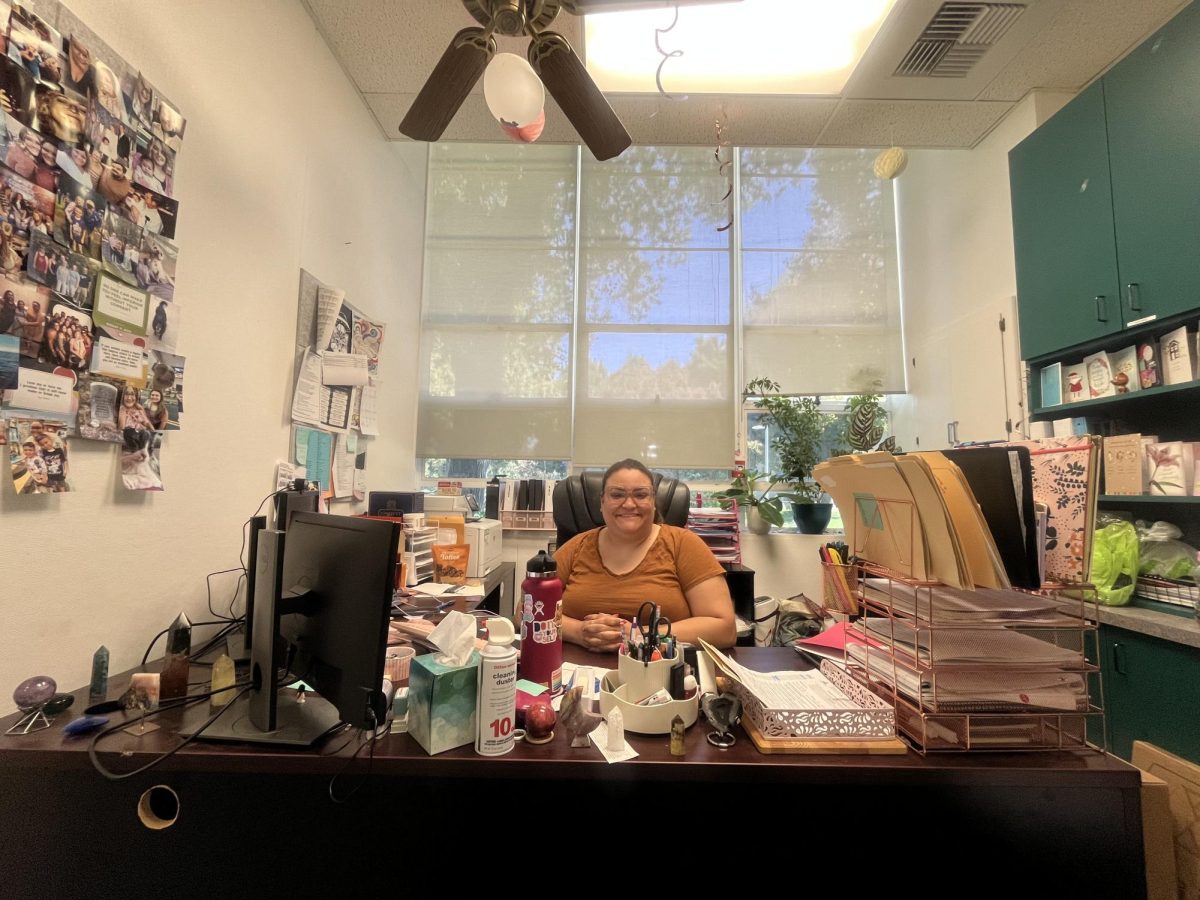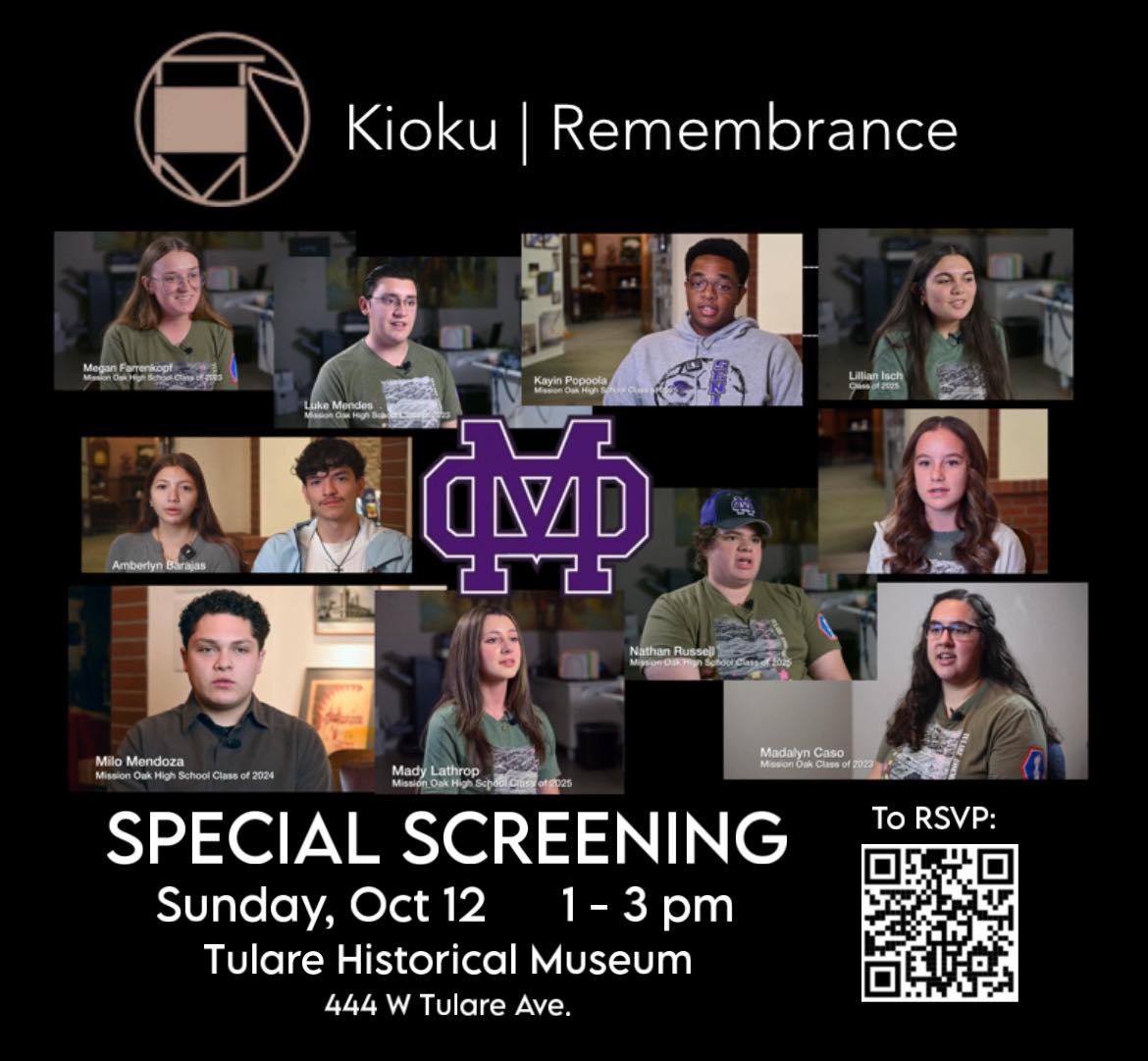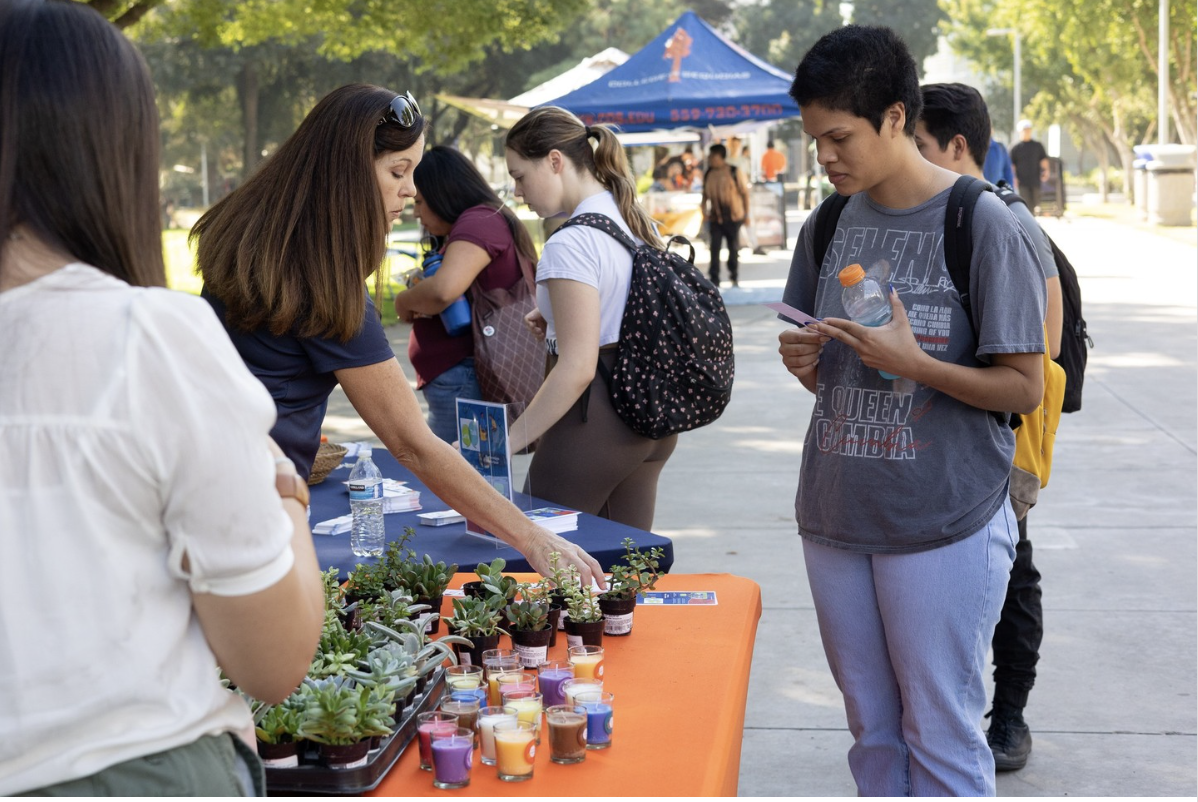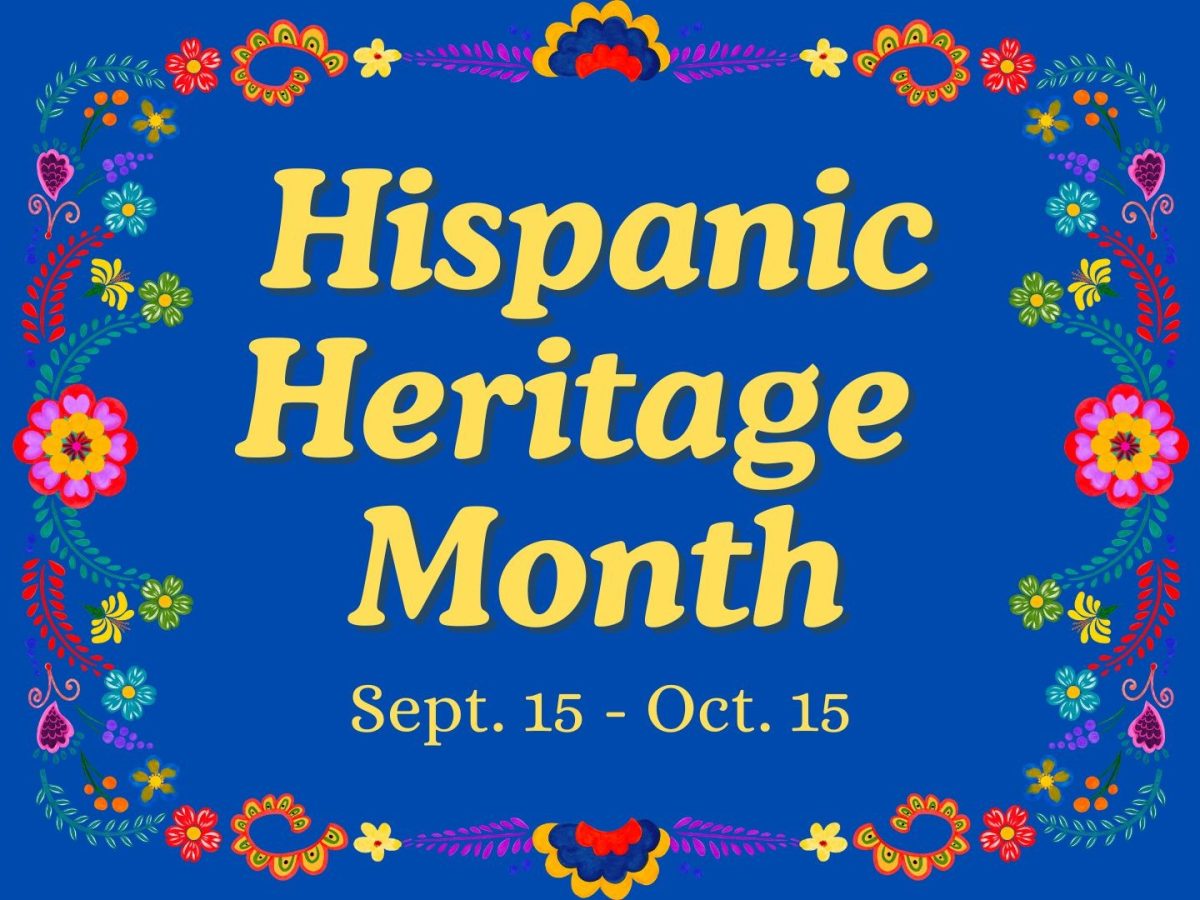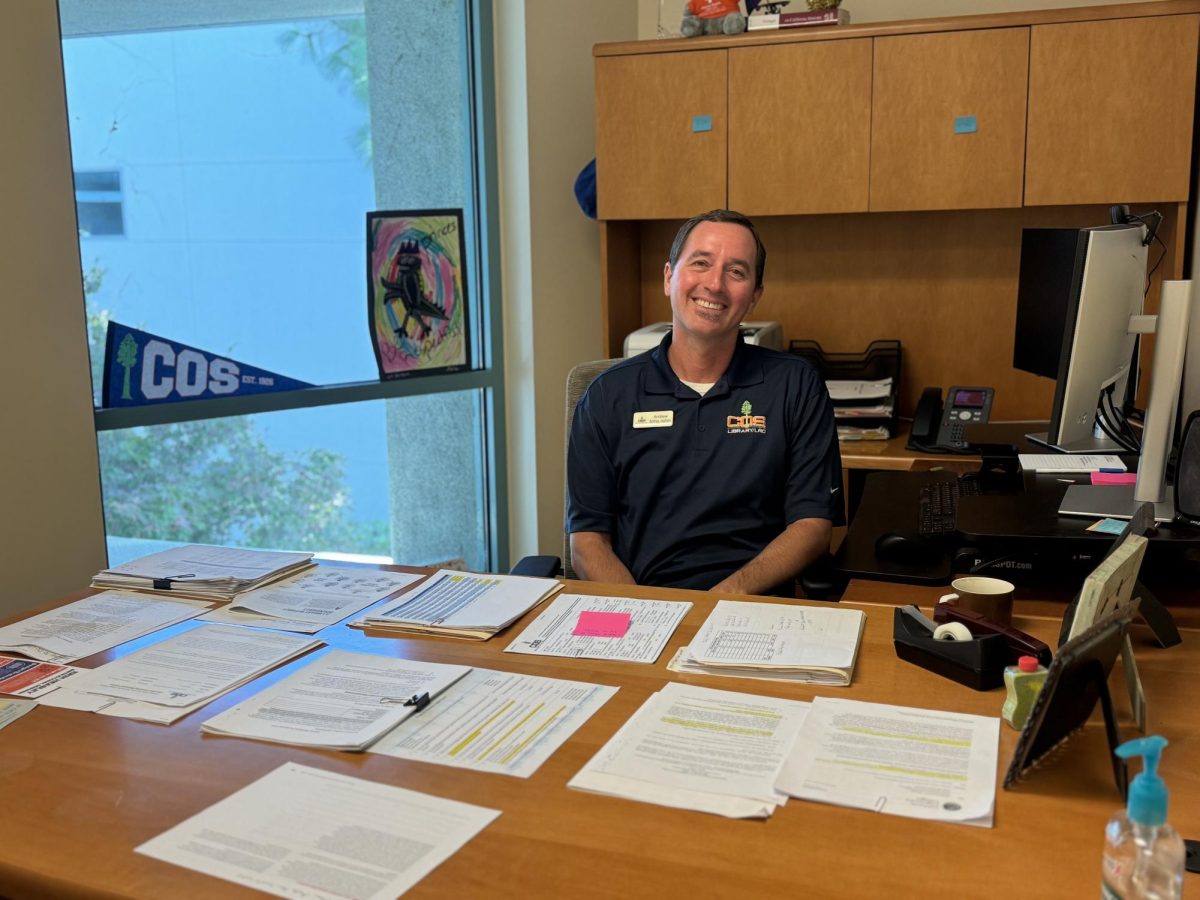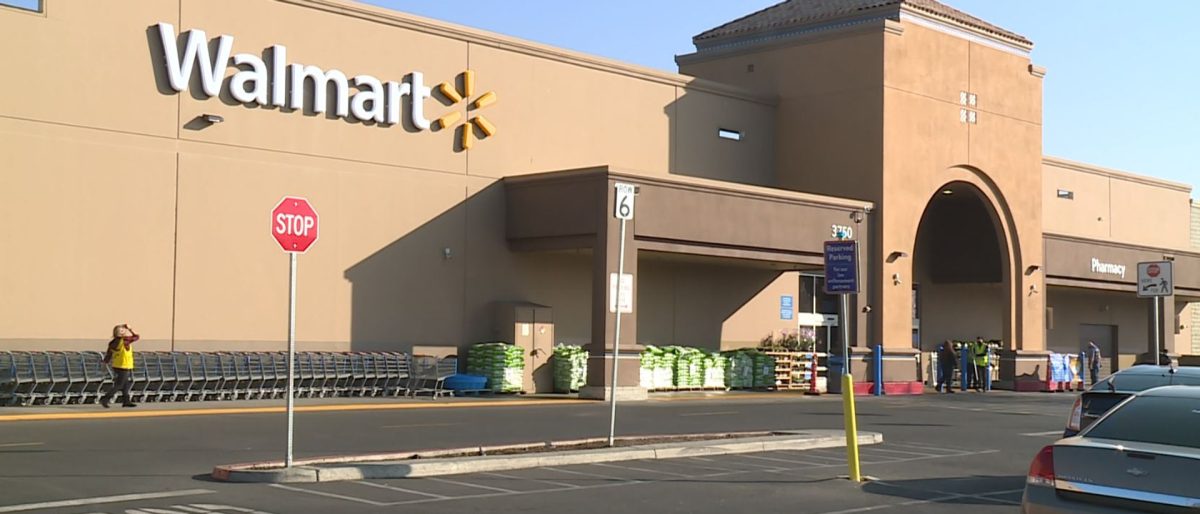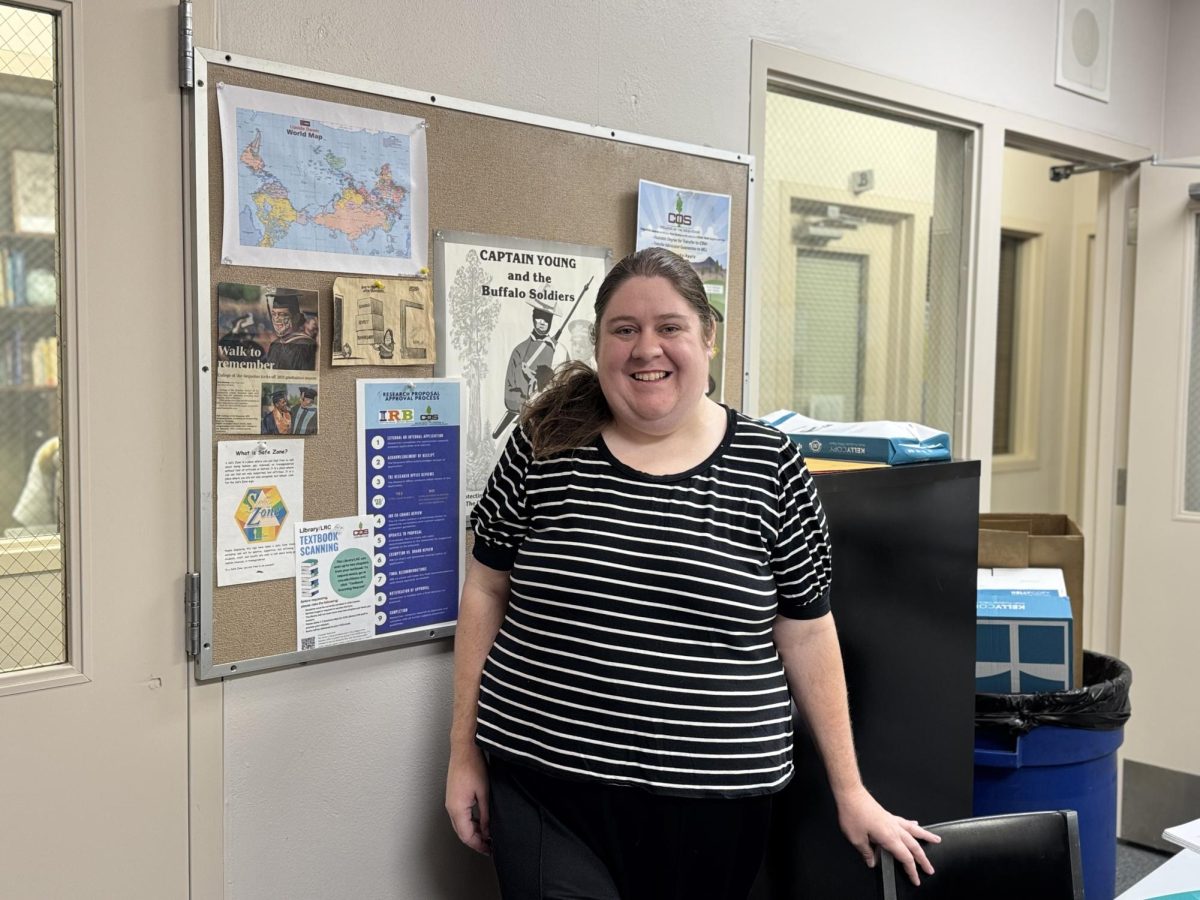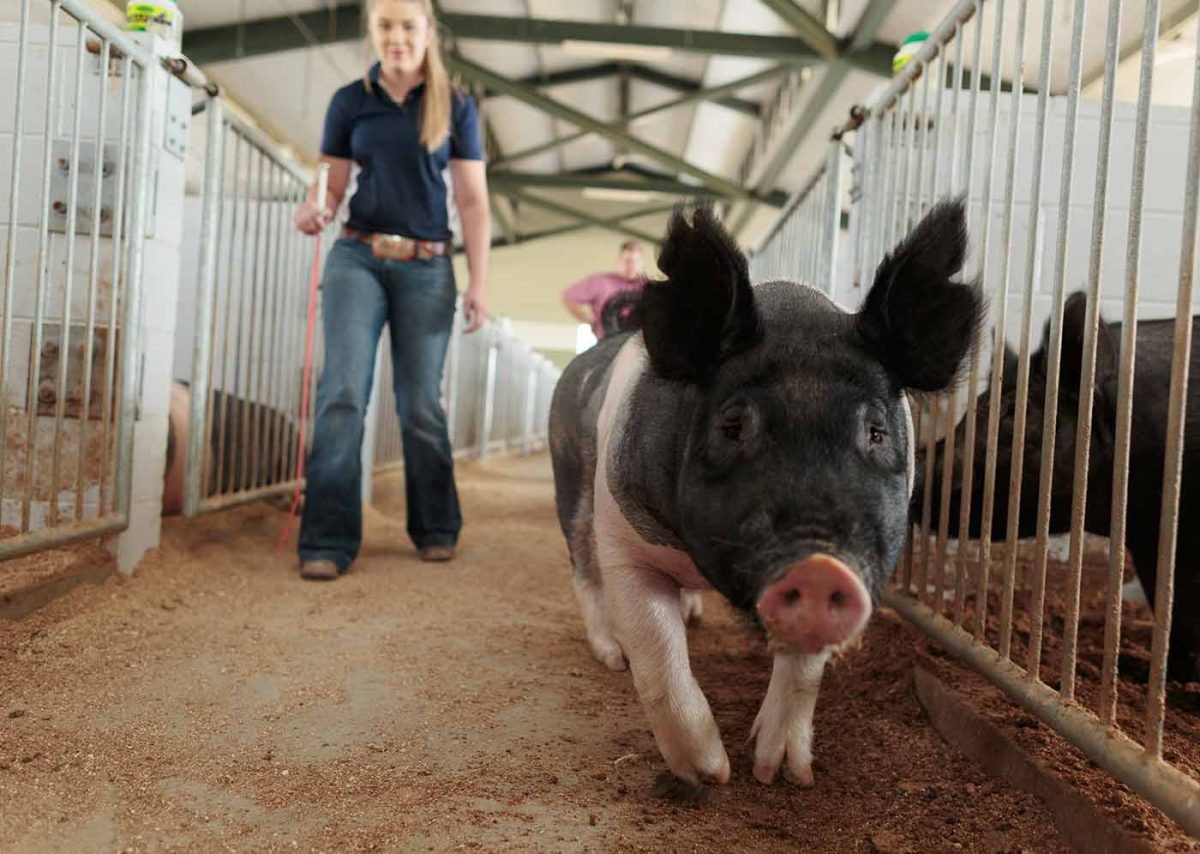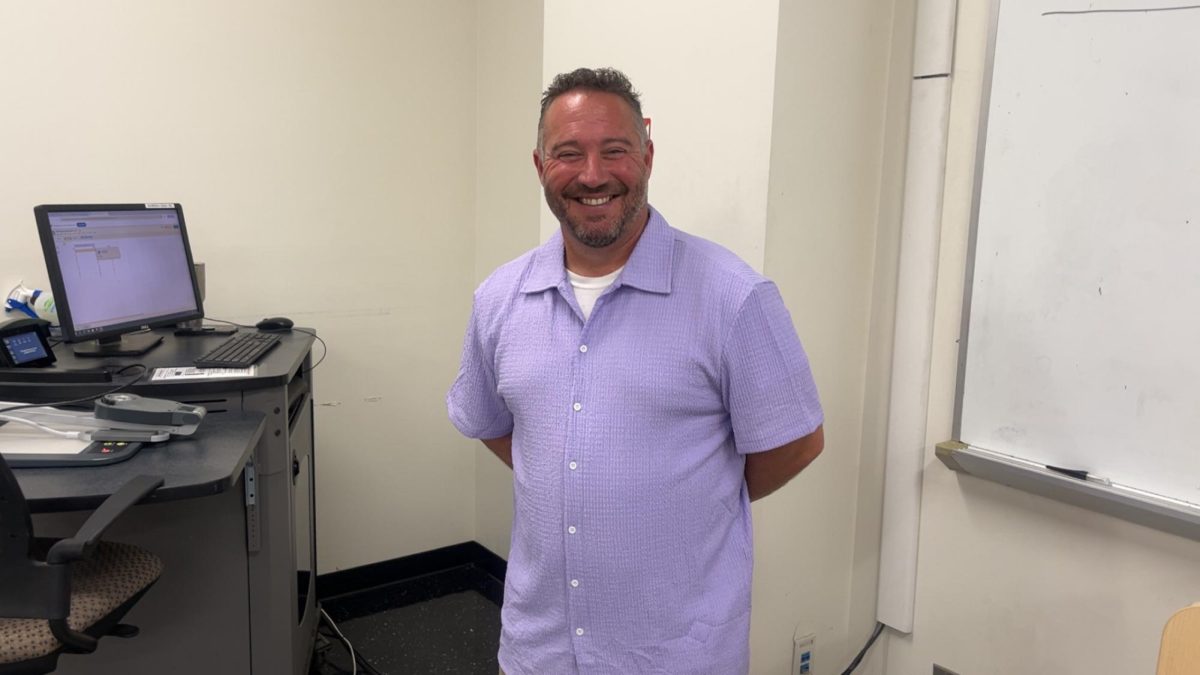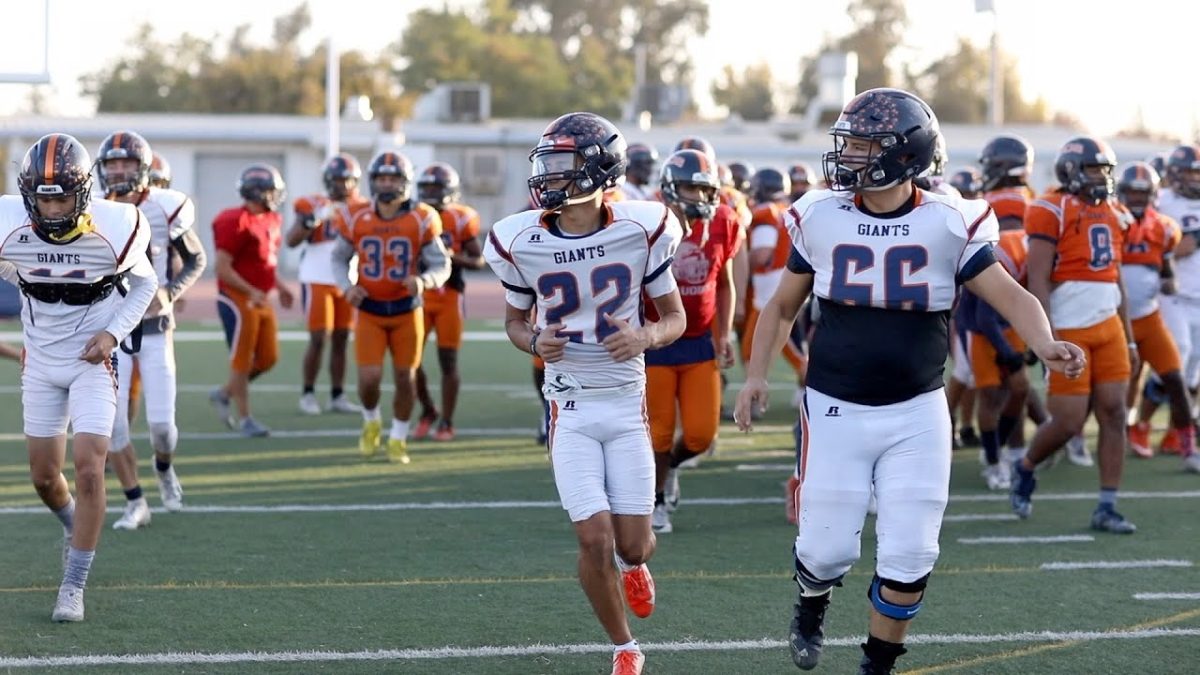As the weather begins to transition to a warmer epoch of the year, it’s easy to be reminded of the changes being made to the larger climate. Gas emissions, plastics, and other forms of pollution quickly make the news in warning of larger climate change and impending unpredictability in our lives. In spite of these environmental stressors, Professor Christopher Krause, who teaches full-time as a Meteorology and Geography professor at COS, encourages students to look on the positive side of combating the climate crisis. “I want to encourage people who are feeling like that to take a measured look at the progress that has been made. . . things like the Clean Air Act and Clean Water Act,” Krause states. “We’ve had a big uptick in solar energy and wind energy. So I think that even though it’s easy to kind of feel like, ‘wow, the whole sky is falling’. . . a lot more is happening.”
Having grown up in Colorado Springs, Colorado, and living on the opposite side of the U.S. in Colombia, South Carolina, Krause has always had a passion for Earth and Environmental Science, which refined into Geography, Meteorology, and Climatology during his time at college. After obtaining his Master’s degree from the University of Missouri, and his Ph.D. from the University of South Carolina, Krause moved to Tulare to pursue his career at College of the Sequoias.
Teaching since 2021, Krause endeavors to be reflective and ameliorative of his methods, preferring to focus on continued improvement in teaching over static instruction. He says, “I always strive to improve or update and teach things in a new way. Not just new, but a better way . . . Not that you want to be a harsh critic, but you want to be open to the idea that yeah, maybe I should do something different.”
Outside of COS, Krause enjoys his free time with family, as well as working on computer projects, programming, and planespotting, in which he uses a specialized radio antenna to pick up signals coming from passing planes. “In South Carolina, one of the coolest things I saw using my antenna was Air Force One, landing at a local airport,” Krause recalls.
In his concluding words, Krause encourages students to utilize COS to the fullest extent they can, whether that be through professors, programs, or services. He states, “I’ve been to other schools with literally 32,000 students. And if you’re a student there, you’re almost completely anonymous. And I think here at COS, you could be anonymous if you wanted to, and in many cases, you can get away with that. . . but what I would encourage students with, is that professors want to help you, and they enjoy helping you.”
With all the helpful resources COS offers, it’s not always easy to find the help we need. To alleviate that stress, visit https://www.cos.edu/en-us/student-support/

